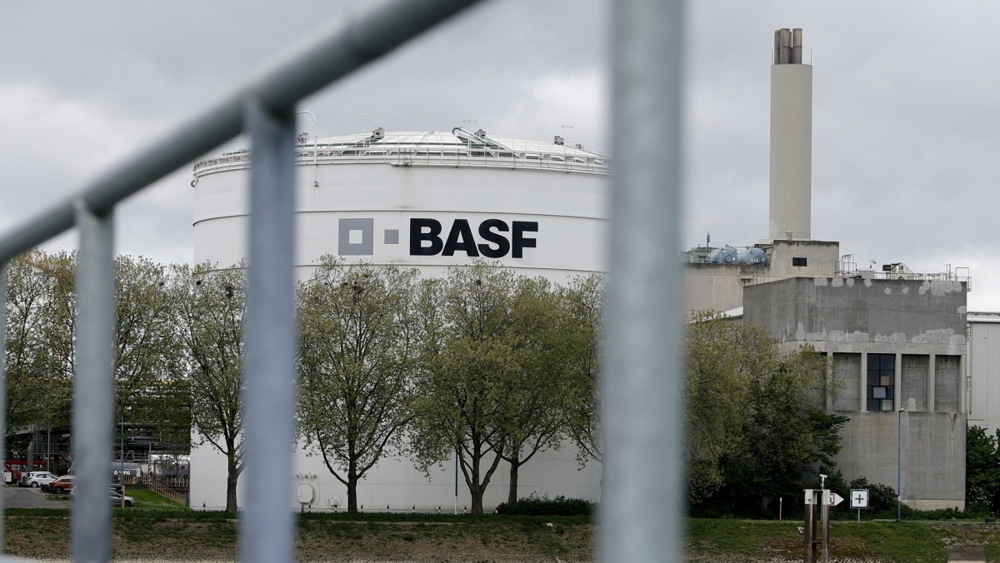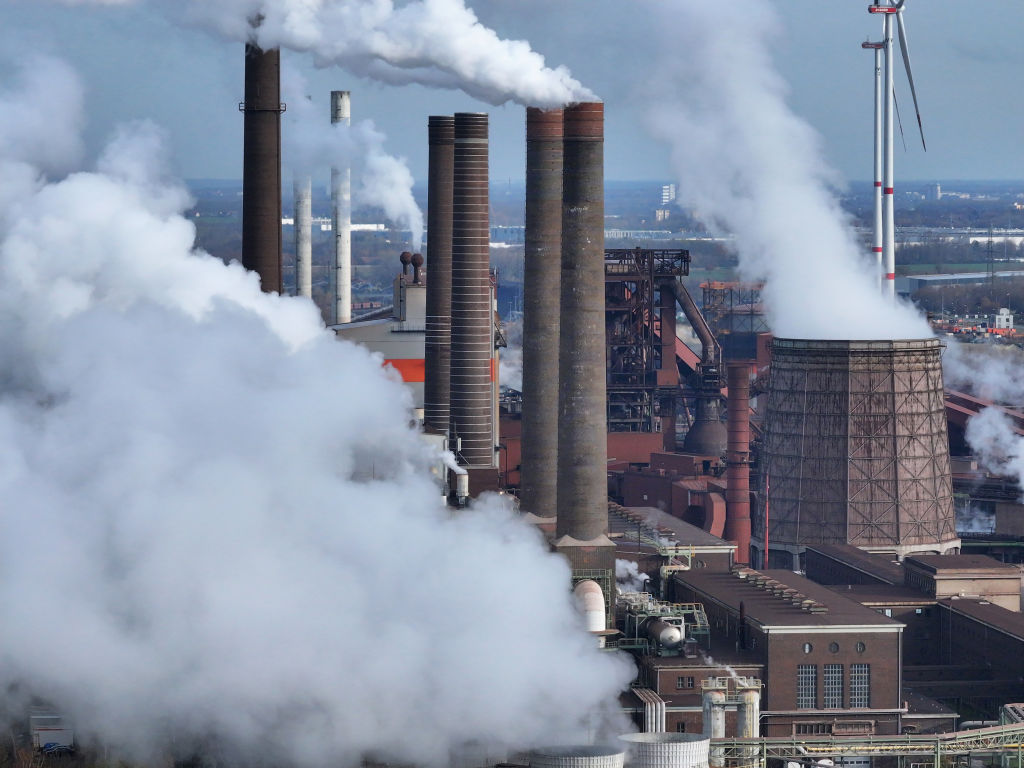Germany, traditionally the engine of the European economy, will have the weakest growth of all industrialised countries in 2025, the Organisation for Economic Co-operation and Development (OECD) has forecast.
In its latest economic outlook published on December 4, the Paris-based body predicted that the Germans will only experience a growth of 0.7 per cent next year.
With this result, the country would be set to perform the worst of all industrialised countries.
Comparing major economies in 2024, Germany is predicted to see zero growth but Argentina is likely to fair worse with a decline of 3.8 per cent. Japan could see a 0.3 per cent decline.
For next year, though, the OECD has forecast an improvement for both non-European Union nations. Under Libertarian President Javier Milei, Argentina’s economy is expected to grow by 3.6 per cent, while Japan will record a 1.5 per cent boost.
The euro area, which should grow 0.8 per cent in 2024, is set to hit 1.3 per cent expansion in 2025.
Only in 2026 is Germany expected to reach stronger growth again, at 1.2 per cent, but it would still be one of the weaker countries in Europe.
According to the OECD, low production is the primary reason behind the country’s ongoing downturn. On December 4, OECD analyst Robert Grundke told Die Welt: “This is due in particular to weak export demand from China, which is hitting German industry in particular.
“Competition from Chinese products is causing problems for German manufacturers, especially the automotive industry, in other sales markets,” Grundke added.
High energy prices still cripple the German economy, causing production in energy-intensive industries to remain significantly below pre-Ukraine war levels.
Making matters worse is the ruling coalition of Socialists, Liberals and Greens, which has fallen apart and rendered an agreement on the government budget for 2025 unreachable, leading to increased uncertainty for companies and households.
Germany’s progressive-left government has imploded over issues to do with the country’s failing economy, with a snap federal election now expected to take place early next year. https://t.co/C1iDybpQTC
— Brussels Signal (@brusselssignal) November 7, 2024
OECD experts advised Berlin to push through on climate policies, claiming that questioning decisions already made would lead to further uncertainty and hinder investment.
They also said environmentally harmful tax breaks should be abolished and that reform of the German so-called “debt brake” should be implemented to increase the scope for net investment.
Another possible improvement, the body added, might be achieved with the digitisation of public administration, which could reduce the administrative and costs burden for companies and consumers.
On the same day as the publication of the OECD’s outlook, the German Federal Statistics Office published a report showing that new orders in the steel industry fell by 9.4 per cent in the third quarter of 2024 compared to the second quarter.
The office cited high energy prices as one of the biggest problems for the steel industry.
Employment was expected to decline significantly in the near future, with some companies already having announced major cuts, the statistics agency said.
Workers unions in Germany have proposed that Volkswagen delay wage increases to save manufacturing plants in Germany. https://t.co/45cgWbA95o
— Brussels Signal (@brusselssignal) November 20, 2024





